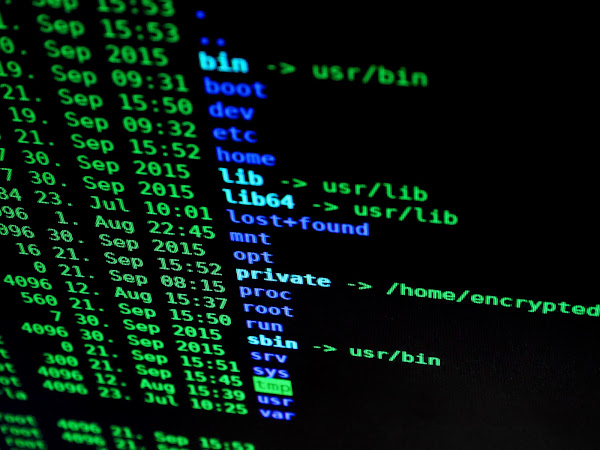Web3 is an evaluation of the internet that moves past a centralized structure and tries to connect data in a decentralized way in order to offer a speedy and individualized user experience. This version of the internet is sometimes referred to as the third generation of the web.Web3 sometimes referred to as the Semantic Web, is based on AI and ML and employs blockchain technology to protect the security and privacy of user data.
Role of Zero-Knowledge Encryption
Using specific user keys, zero-knowledge encryption protects data. No one other than the user may access their encrypted files because administrators and developers do not know or have access to them.
Zero-knowledge proofs, which may verify the truth of a proposition without revealing the underlying data, make this possible. Zero-knowledge cryptography enables information to be "private and useable at the same time," according to Aleo's CEO Alex Pruden, in contrast to other well-known types of encryption such as end-to-end models used in private messaging apps, through which only users and senders may read information. Without disclosing personal information about yourself, you can demonstrate your trustworthiness with zero-knowledge proof.
Decentralized identity (DCI) constructions, tokenization, and self-hosted wallets are three features of Web3 that promote user ownership of data and algorithms. Zero-knowledge proofs and least privilege are two techniques used in decentralized computing (DCI).
Reasons for Zero-Knowledge Encryption
One drawback of zero-knowledge encryption is that it frequently leaves users unable to access their data moving forward if they ever need to find their encryption key or password. Because it requires more work to securely transfer and store user data, service providers that offer the full zero-knowledge encryption guarantee are often slower than their less secure competitors.
There is no better alternative than zero-knowledge encryption if a user wishes to maintain the privacy and security of their data while still hosting it on an external server for simple data management.









